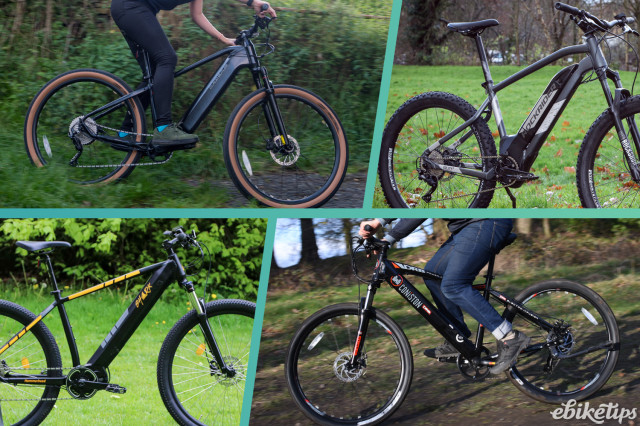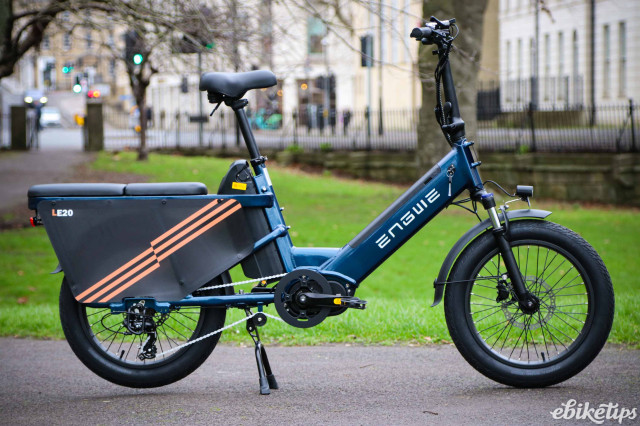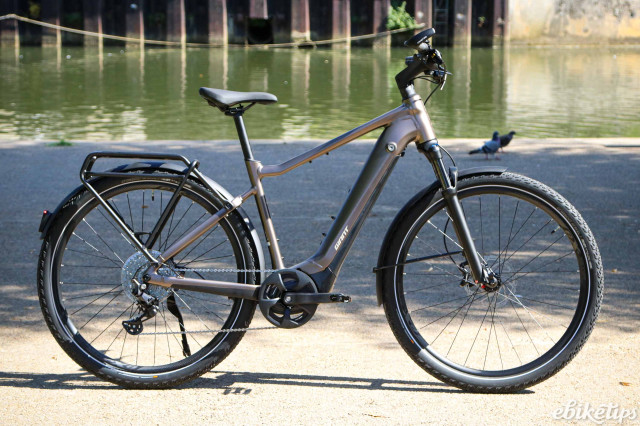An open letter organised by national shared transport charity Collaborative Mobility UK (CoMoUK) is calling for the new Labour government to ‘urgently’ legalise e-scooters, saying it is the only way to resolve the problems caused by “entirely unregulated” privately-owned e-scooters being ridden on public roads.
The letter, to Transport Secretary Louise Haigh and her ministers, says e-scooters could be legalised through the creation of a new “low powered zero emission vehicle class” which could also cover other forms of transport.
It says giving e-scooters legal status is “the only solution to the situation with private e-scooters, which are entirely unregulated and unlawful to ride on the public highway, but can be legally bought and are very often illegally ridden”.
Figures gathered by CoMoUK show that nearly 48 million trips have been taken since trials began in July 2020. Research by the charity has also shown that serious safety incidents are rare, with only one accident for every 500,000 trips.
> E-scooters and the law: When and where are you legally allowed to ride an electric scooter
Earlier this year micromobility operator Voi called on the new government to introduce a new, light zero-emission vehicle category for e-scooters in the UK, saying this should eliminate the need for all riders to have driving licences.
While privately-owned e-scooters cannot currently legally be ridden on UK public roads, in 2022 the government announced it would create a low-speed, zero-emission vehicle category that would pave the way for their legislation. However, this has seen many delays.
Several charities, e-scooter operators and retailers have made calls for the government to bring forward legislation, but PACTS (the Parliamentary Advisory Council for Transport Safety) has said the likelihood of legislating for private e-scooters with regulations that set safety as the main priority in 2024 is “zero”.
The recent King’s Speech also didn’t contain any e-scooter legislation, but it did announce a bill that would address the potential fire risks associated with e-bikes and lithium-ion batteries.
The CoMoUK letter also argues that the move would provide the shared e-scooter trials with a long-term future, help the UK meet its net zero and air quality targets, improve public health, and unlock investment.
It also calls for the expansion of existing shared e-scooter trials in the meantime, as well as the creation of new ones where local authorities and operators agree they are needed. Currently, the deadline for shared e-scooter trials is May 2026.
> Ireland legalises 20km/h e-scooters - ‘they help free up road space’
The open letter was organised by CoMoUK and signed by representatives from councils, transport groups, environmental campaigners, and e-scooter scheme operators.
Richard Dilks, chief executive of CoMoUK, said: “The new Transport Secretary, Louise Haigh, has told her department that she wants to ‘move fast and fix things’. We say: excellent, let’s start by expanding shared e-scooter trials and, ultimately, legalising e-scooters.
“By clearing up the ongoing uncertainty around their status on the UK’s roads, ministers can give this cheap, flexible and green mode of transport a long-term future. Legalisation would improve safety standards and clear away the negative perceptions of e-scooters that have arisen largely due to the total lack of regulation.
“Given how popular shared e-scooters have proven in trial areas in England, it could also make a significant contribution to helping the UK meet its climate change targets. We know we have to attract people away from the use of private cars, and e-scooters are one mode of transport that can help to do this.”







